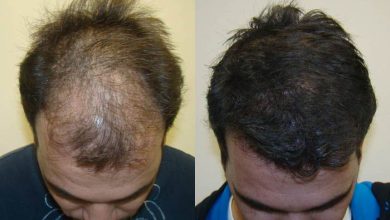Tips From An Expert: How To Identify And Prevent Sun Damage

As far as skin health is concerned, Erin Blackwell, a licensed aesthetician and laser specialist, says sun damage is the biggest hazard. “Sun damage is the main worry in all cases. People dislike seeing their skin tone alter and their spots as they age, according to Blackwell, who also said that while lifestyle factors like eating, drinking, and smoking can also have an impact on skin health, the sun’s effects are long-lasting and start early.
Spotting Sun Damage
Recognising sun damage can facilitate prompt intervention. “Sun spots, spots with textures, actinic keratosis, seborrhoeic keratosis, these little keratoses on the skin are something that, as we age, we don’t really like when we look in the mirror,” said Blackwell. Thankfully, with the right care, many illnesses can be managed and treated.
Preventive Measures
Blackwell stresses that the best defence against solar damage is prevention. She said, “Wear hats, apply sunscreen, and protect your skin.” It is essential to be aware of your surroundings and activities. “At a ball game, cover yourself with a hat and reapply sunscreen every two hours. Use a physical block sunscreen that is water-resistant if you’re at the beach, she advises. “Just being aware of even those little simple things are wonderful ways to protect your skin.”
Daily Skincare Routine
For everyday sun damage management, Blackwell suggests a basic skincare routine. “I believe that even with a very basic regimen, skin care is incredibly important. Unless you truly want to, you don’t need to be a skincare nut with 20 items.” Blackwell identifies two essential vitamins for skin health to fight the indications of sun damage: vitamin C serum and vitamin A retinol, or retin-A. You can protect your skin, stop ageing, and restore its healthy glow by washing your face every morning and night and using these simple products.
Everyone may preserve a youthful, healthy appearance and shield their skin from the sun’s harmful rays by following these tips.




